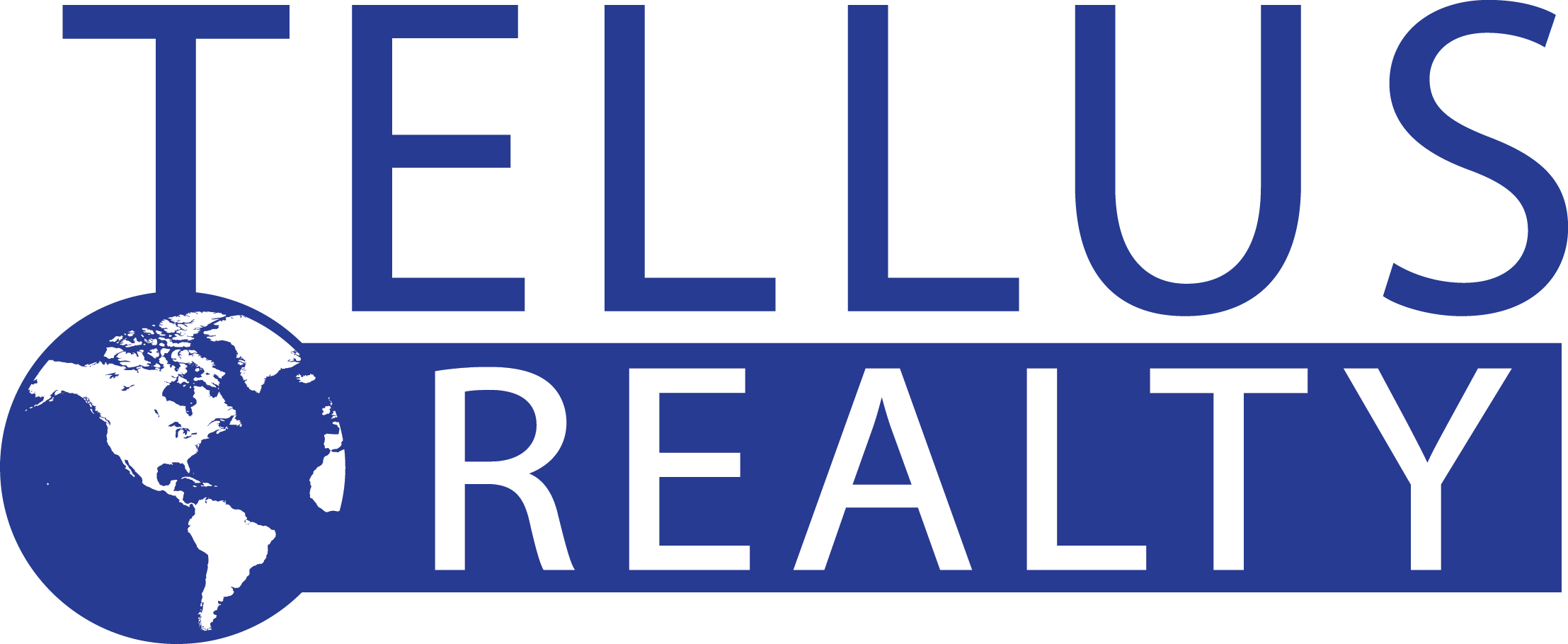Webster’s defines investing as “laying out money or capital in an enterprise with the expectation of profit”. That broad definition applies, in real estate, to people purchasing rental properties, flipping houses, holding property in hopes of price appreciation, developing condos, and on and on.
The IRS has its own view of real estate investing. Owning rental properties is considered “passive income” and is subject to special rules. Flipping properties is considered ‘work’ and profits are taxed as regular income. Property development and land speculation are a specialty all of their own, with their own tax rules.
That last sentence has an interesting word, “speculation”. The definition is, “an investment that is very risky but could yield great profits”. At Tellus Real Estate Solutions, we don’t recommend taking a risky approach to your real estate investments. If you have a high tolerance for risk, and the knowledge to back it up, we are happy to help you with your speculative real estate transactions. But for new investors, we don’t suggest speculating.
At Tellus Real Estate Solutions, we group flipping, holding for appreciation, and development as speculating, since they are highly risky for novice real estate investors.
First, let’s look at flipping properties. This is definitely an area where someone can make money, and we know people who do quite well in this arena. But, it’s not as easy as it appears on television. Successful flippers are market experts. They have to recognize properties that can be purchased cheaply, repaired, and sold quickly for a profit. This requires market expertise and construction expertise that the average investor does not have, and which it takes years to build. Flipping was popular in the hot real estate market, but most of those flippers were making money as much by luck as by planning. And, when the market died, many flippers lost everything when they could not unload their latest investment on an unsuspecting buyer (the hot potato syndrome, we call it). Or, to use a different grade-school analogy, too many folks got stuck without a seat when the real estate music stopped. To add insult to injury, the IRS has a nasty surprise for you. They consider the income from flipping properties to be regular income, not capital gains. That means if you have a day job and are in a 25% tax bracket, then your income from flipping is taxed at 25% instead of the 15% capital gains rate that investors enjoy.
Next comes holding for appreciation. The problem with holding for appreciation is similar to the problems of flipping. You have to have better than average skills to make money just holding property, and you also have to have deep pockets. I subscribe to the view of some of the better known GRGs (Get Rich Gurus) that an investment should be something that brings you more money in now than you are spending on the investment now. Paying cash or paying loan payments in hope of the value going up over several years does not match that definition of investment.
This might be a good time to talk about the home you live in. Your home is not an investment, except when you consider it as one you are holding for appreciation. It is an expense to own a home. It is often more expensive in the short run to own a home than it is to rent. In the Washington market is pretty easy to rent a home for less than the monthly payments of buying the same place. That doesn’t mean you shouldn’t purchase a home… just don’t view it as an investment. The value of owning your own home is made up of many things beyond the possible appreciation in value… pride of ownership, control over your living environment, stability, and the even positive affect on your credit rating.
Last comes real estate development. It is an area that requires a level of experience and knowledge beyond the typical beginner. Generally, the upfront investment is large (and the payoffs on the back-end larger), and as typical for high payoff endeavors, there is also high risk of losing money. Like flipping, you need to be a market expert, knowledgeable of construction, and additionally you will likely need to be good at working with municipalities on permitting and zoning issues.
What is an Investment in real estate then?
So, what what do we consider to be a real estate investment? Tellus Real Estate considers a real estate investment to be a property that earns an income whether the underlying value of the property goes up or down. We also believe it should be a situation where you can take control. You can invest in Real Estate Investment Trusts, TICs (Tenant In Common investments), and similar investment vehicles… but these are all situations where you have little actual control over the end results. So, as a rule, when we speak about investment real estate at Tellus Real Estate Solutions, we are talking about a rental property that you own and control. It could also mean a property that earns an income from a business or even resources like timber. But those are areas that require more expertise. There are plenty of different kinds of rental properties: single family homes, multifamily homes, commercial properties, and even land. Just keep in mind 3 things when looking at a real estate investment:
- Investing is focused on the long-term.
- Investing is focused on the stream of income.
- Investing is focused on factors you can control.
Don’t just listen to us
Here is what others have to say about real estate investing:
Note: This topic also appears on our site under the Investors Center on our website.

Leave a Reply